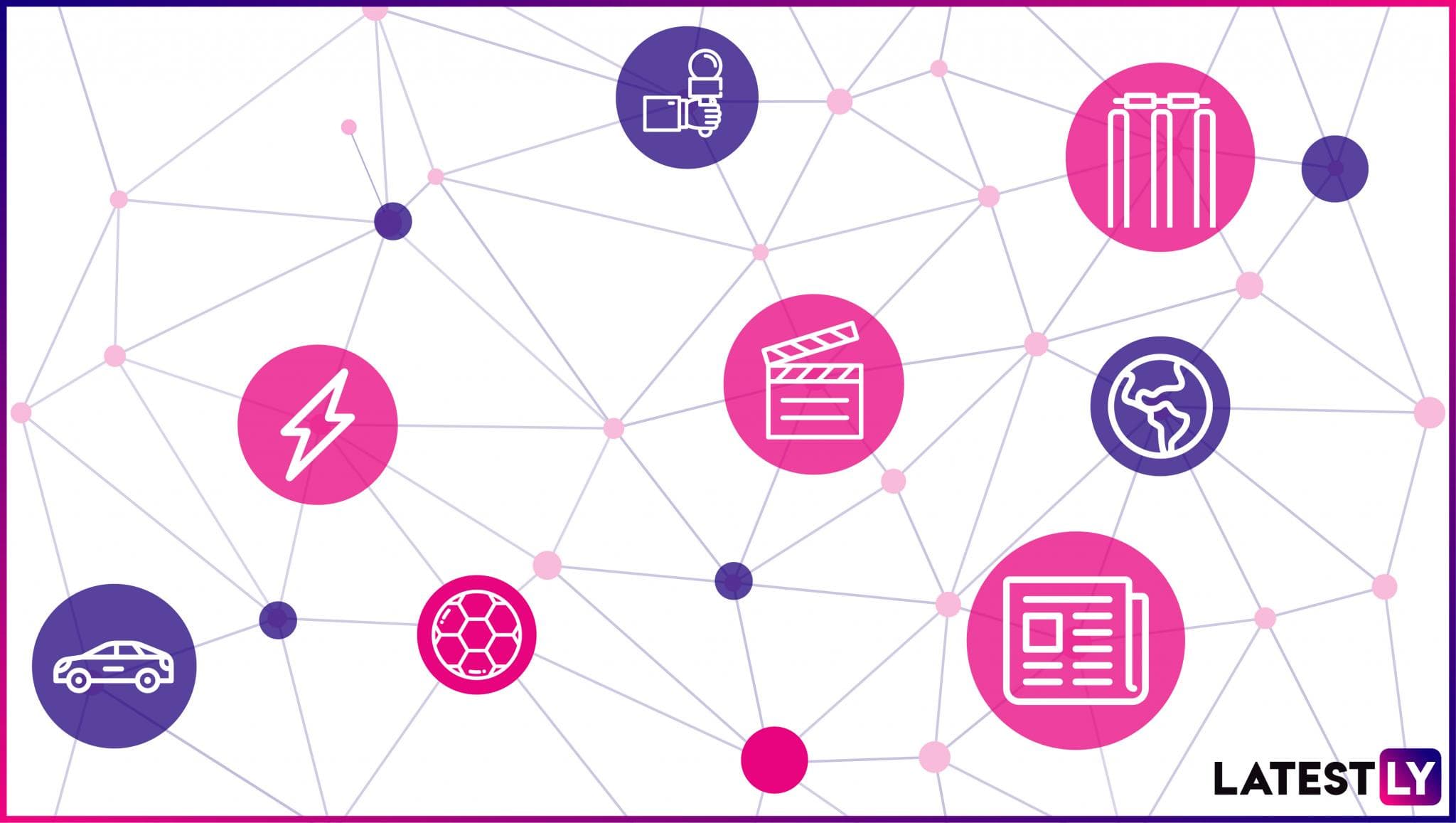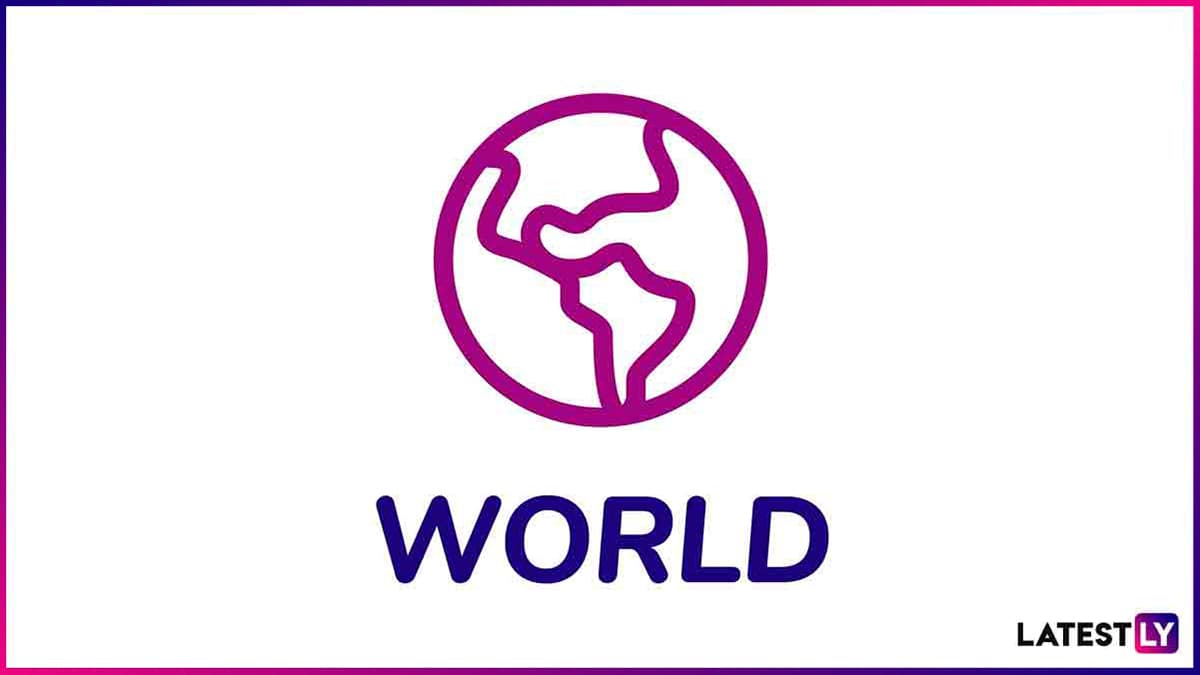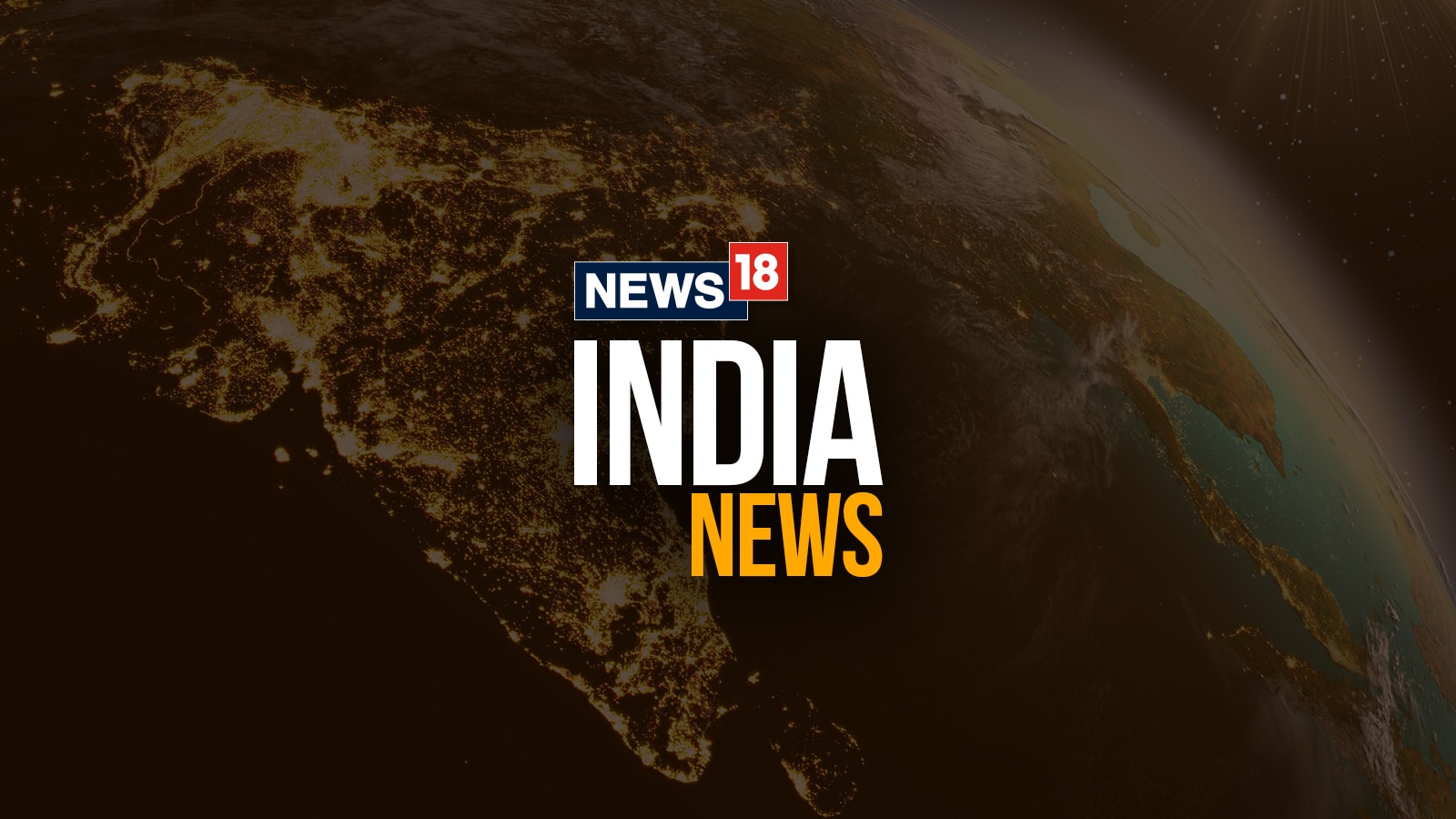Economists on Tuesday made a strong pitch for a new set of reforms to seamlessly integrate India with the global supply chains, including an aggressive pursuit of free trade agreements (FTAs), easing of land and labour market rigidities, and steps to raise farm income and consumption. In their pre-Budget meeting with Prime Minister Narendra Modi, the economists stressed the need to return to 7-8% gross domestic product (GDP) growth, and the “next phase of development cycle”, sources said. Modi met 19 economists from various sectors to seek their suggestions, ahead of Budget FY26, which is to be presented in the background of slowing of economic growth, tepid urban consumption, persisting external volatility, and the threat of high tariffs further impeding world trade and stoking global inflation.
India's GDP rose by 5.4% in July-September, the lowest rate in seven quarters, as weaker expansions in manufacturing and consumption hurt the economy. Modi encouraged the economists to give bold suggestions and emphasised that Viksit Bharat can be achieved through a fundamental change in mindset which is focused towards making India developed by 2047, a source who attended the meeting said.
“We should aggressively go for FTAs with more countries. Some people even suggested we should join the RCEP because without getting into global value chains, we will not be able to break through the next development cycle,” one of the economists present in the meeting with the PM, said. The government has decided not to join the Regional Comprehensive Economic Partnership (RCEP) after the Galwan clash with China. RCEP was originally being negotiated between 16 countries — Asean members and countries with which they have free trade agreements (FTAs), namely Australia, China, Korea, Japan, New Zealand and India. RCEP was signed by the group of countries in November 2020 except India.
Some economists suggested that India should be ready to deal with the incoming new government in the US headed by President Donald Trump, who has threatened to impose tariff on US imports. Trump has talked about raising import duties to 20% across the board and putting a 60% duty on Chinese imports. Recently, he talked about a reciprocal approach in regard to tariffs on imports from India. The US action against China may benefit India, they said.
With Bangladesh crisis affecting the textiles industry in that country, some suggested India needs to increase textile and garment exports, which can boost labour-intensive employment in manufacturing. The discussions broadly focussed on the agricultural sector, MSMEs and job creation, said another participant.
“Global economies are ageing, and we have the advantage of a growing workforce, we have to adequately skill them to get absorbed in the workforce. So, there was a lot of discussion around that,” the person said. “There is a slowdown in consumption in the economy due to lack of disposable income in the rural households. Growth in farm real wages are flat,” an economist said. There were some suggestions for crop diversification and the adoption of Amul cooperative model for better remuneration to farmers. Economists also suggested reforms in fertiliser subsidy, which could save the government Rs 50,000 crore annually. The Centre’s annual outgo is around Rs 2 lakh crore on fertiliser subsidy.
They said education and skills should be mapped with the job requirements to increase employability. “Whether it is farm laws or labour laws or laws related to land use change, all those would have to be addressed as we are slipping on these fronts,” another economist said. The economists broadly agreed with the plan to bring down the Centre's fiscal deficit to below 4.5% next year (from 4.9% this fiscal) as proposed in the medium-term fiscal consolidation road map.
Policymakers have acknowledged several challenges ahead for India, including the impact of stagnant wages on consumption, plateauing of global demand, and climate impact on agriculture. Some analysts estimate that FY25 growth may come in below 6.5% against the Economic Survey projection of 6.5-7%.




